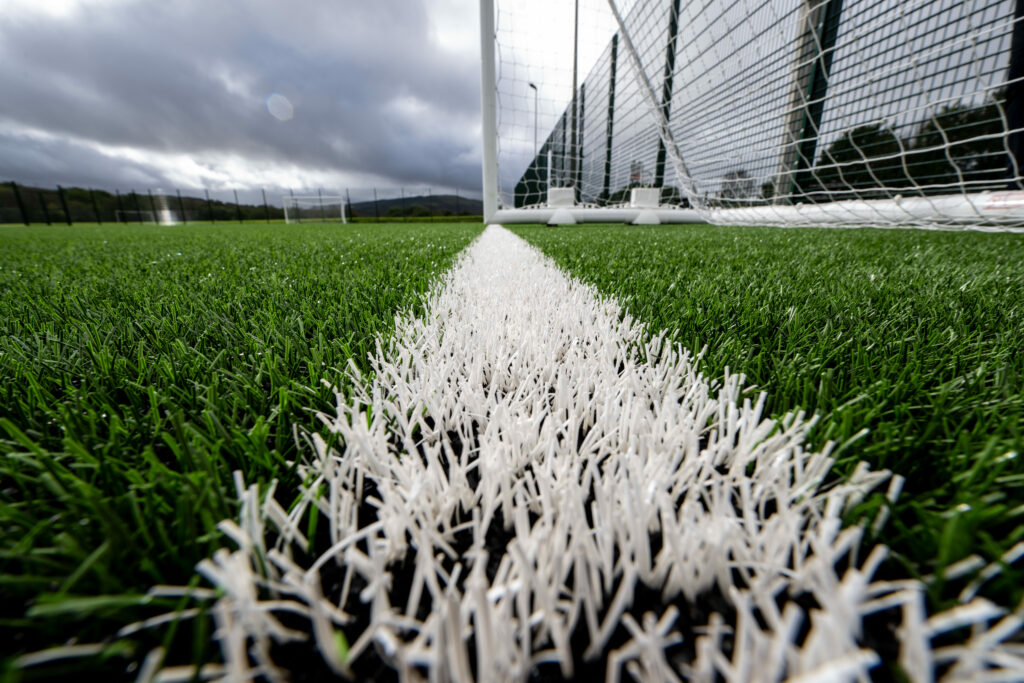
A joint statement from the Cymru Football Foundation, Sport England, the Department for Culture, Media and Sport (DCMS), sportscotland, Sport Wales, the Grounds Management Association, Football Foundation, The Football Association, Rugby Football League, Sports and Play Construction Association and England Rugby.
Artificial Grass Pitches (AGPs) provide a high-quality surface that are an integral part of modern community sport.
Recognised as durable, safe, year-round playing surfaces, they’re able to withstand intensive use and all kinds of weather.
A properly maintained AGP can sustain up to 80 hours of use a week, providing an average of around 1,400 playing opportunities. This compares favourably to a good quality grass pitch, which can sustain just six hours a week, accommodating an average of around 100 playing opportunities.
This means many people are able to engage in sport and physical activity regardless of the weather when otherwise matches would be cancelled.
AGPs therefore enable more people to experience the benefits of being active, such as improved physical health and mental wellbeing and improved confidence.
They’re used for playing many different sports, including football, hockey and rugby; and provide safe spaces for people to come together and connect, helping unite communities.
It’s critical that our sports facilities are flexible and resilient to reflect the real everyday requirements of users and meet societal changes.
However, concerns have been raised about the environmental impact of these pitches. These have mostly related to microplastics in the form of rubber infill getting into the ecosystem and the need for greater focus on the end-of-life recycling of pitches. We understand these concerns and are taking them very seriously.
In September 2023 the European Commission completed the adoption of the EU REACH (Registration, Evaluation, Authorisation and Restriction of Chemicals) restriction on the sale of intentionally added microplastics onto the European market, which includes rubber infill for 3G AGPs.
The Commission has confirmed an eight-year transition period before the new restriction becomes effective and from October 2031, you’ll no longer be able to purchase rubber crumb within the EU.
The ruling does not prevent the continued use of this material for AGPs, nor does it prevent the construction of new pitches with rubber crumb infill before 2031 – but it may make the maintenance of these pitches after this time difficult.
The transition period is important because it allows the 3G AGPs that are in widespread use by communities across Europe, to continue to be used and maintained until they reach their end-of-life.
Replacement surfaces are very expensive, and many communities would simply be unable to afford to do so before the end of the transition.
Following the UK’s exit from the EU, the regulatory framework for these matters now sits at a UK level (except for Northern Ireland, which continues to follow EU REACH requirements).
The Department for Environment, Food & Rural Affairs (DEFRA) recently commissioned an evidence project to review emissions of intentionally added microplastics in the UK, including rubber infill.
The project is expected to report in spring 2025 and will inform any future regulatory actions in Great Britain.
The Sports Councils – Sport England, Sport Wales, sportscotland, Sport NI – and leading sport bodies continue to work together and with respective governments to understand what the EU ban will mean for the stock of 3G AGPs in the UK, and the timings for any legislative decisions.
As stakeholders, in the community sport landscape we’re committed to exploring alternative artificial pitch systems, more sustainable infill products and increasing recycling capacity available to sports providers nationwide.
Examples of this include the Football Foundation’s significant investment in its own ‘test hub’ to research alternative infill materials.
Many of the alternatives to rubber crumb are new to the market, and little is known about their performance, durability, availability, lifecycle cost and importantly the impact on player experience.
We are entering a period where there will be choices to make and it’s important that data exists to help future AGP owners make the right choice for their pitch.
Until we have a clearer understanding of these alternatives, we believe that the adoption of containment measures is an important and responsible approach to prevent the migration of microplastics.
The Football Foundation has followed European Technical Guidance since 2020, installing containment measures on all its funded pitches.
We know from studies around Europe that good design can reduce infill loss by 98%.
In partnership with the Football Foundation, Sport England is also undertaking research on the efficacy of containment measures and we’re commited to making the research available as soon as possible.
We acknowledge the difficulty in trying to balance the health and well-being benefits that come from the use of 3G pitches with environmental sustainability factors. However, it is also important to note that there are currently no widely available alternative infill products with proven durability on the market that are as effective, suitable for all UK weather conditions and deliver the required performance standards.
We’ll continue to work with partners across the UK and Europe to research and reduce the spread of microplastics into the environment.
You can find further Cymru Football Foundation guidance by clicking here.


